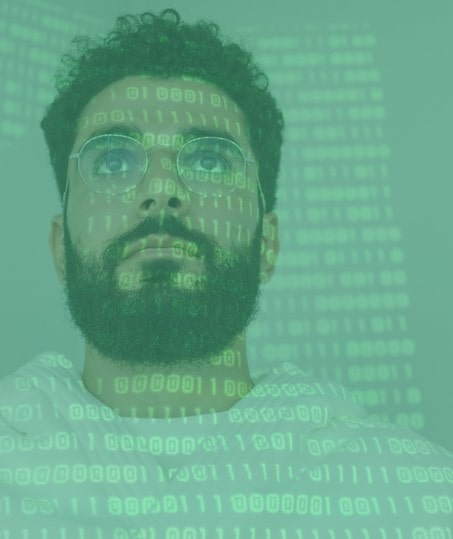
Who are we? This is question that we all stumble upon at least one in our life. And it is not an easy one to deal with, as our self-identity is built, lost and found throughout perhaps our whole life.
Discouraged? Well, you shouldn’t be (unless you’re already 90, but even then, you will be too experienced to even care). This means that while there is life, there is hope.
Self-identity is basically the concept we have of ourselves, and the definitions we give to ourselves as a result the role or position that we occupy in our lives or behaviours we engage in regularly. What does this mean? That we give labels to ourselves, “trend-setter”, “athlete”, “teacher”, “mother”, “activist” etc.
Source: Encyclopedia
When it comes to immigrants, the issue of self-identity becomes more complex. The idea of "where you are from" becomes unclear, and there are instances where young people may not identify with either the host country or their country of origin.
The concepts of self-identity and home are closely linked. Why? Research suggests that home is a place closest to a person's heart, where they retain their identity, integrity, and way of life. In the context of immigrants, the challenge lies in navigating this sense of self and belonging when the traditional notions of home and identity are blurred.
Source: www.psychologytoday.com

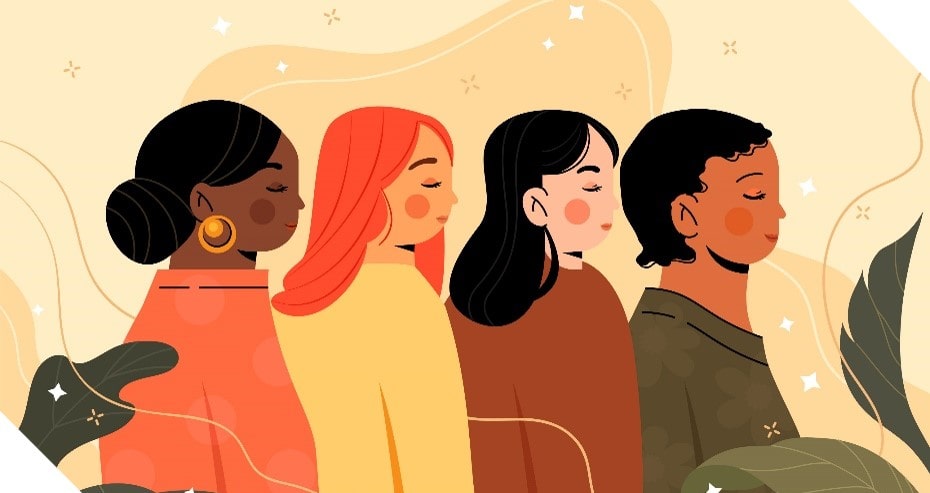
Source: Freepik
Men often see home as connected to their success and accomplishments. For women, it's more about considering home as a place for emotional comfort and protection. So, for guys, it's tied to achievements, while for ladies, it's about feeling safe and emotionally supported.
For European migrants, getting economically settled can happen quickly, especially when it comes to jobs and finances. However, how fast this happens is also tied to culture. On the other hand, for ethnic minorities, the process might take longer, but it's less affected by cultural factors.
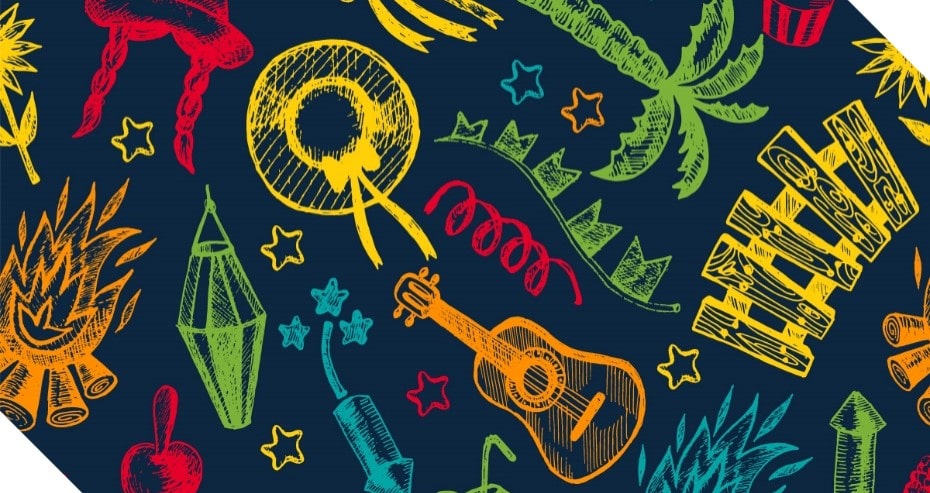
Source: Freepik
Find out here: https://www.globalcitizen.org/en/content/what-is-intersectionality-explained/

Source. www.freepik.es
Other factors that influence self-identity may be religion, educational level, language fluency, education received in the host country, forming communities in the host country and the flexibility of the new community to absorb new members.
Objective: promote critical interculturality and encourage reflection on the intersectionality of cultural identities. Materials needed: sheets of paper, markers and tape

Let's break into pairs or small groups of 3-4 people.

Write down all the cultural identities that pop into your minds - things like race, ethnicity, nationality, language, religion, gender, sexual orientation, social class, ability, and more.

Once your group has a list, dive into a discussion. Explore how these identities intersect and overlap in your lives and the lives of others.

Think critically about the privileges and challenges that come with each identity and how they interact.

After about 15-20 minutes, share your thoughts with the larger group. Let's learn from each other!

We'll wrap it up with a discussion on why recognising intersectionality in cultural identities is crucial. How does it shape our understanding of diversity and inclusion? Get ready for some insightful conversations!
The Festisol international committee has chosen this theme to explore throughout the year 2022.
Let‘s explore in more detail:
Source: Resources and reflections on the 2022 focus: "Young people committed to living interculturally“, Solidarities festival 2022
Source: Resources and reflections on the 2022 focus: "Young people committed to living interculturally“, Solidarities festival 2022

Let's keep evolving, debating, and making positive changes together!
Source: Resources and reflections on the 2022 focus: "Young people committed to living interculturally“, Solidarities festival 2022
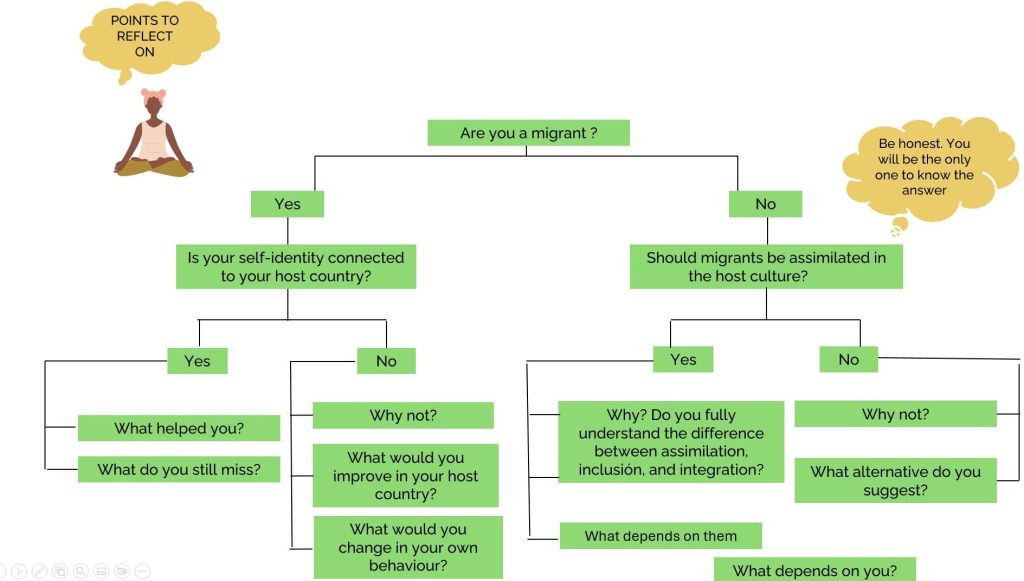
Could we agree on calling this a WIN-WIN situation?
In youth work, there are lots of ways to help both migrant and local young people feel included.
Many of these involve informal learning, covering several areas at once:

One methodology that addresses all the above is Place-Based Education.
Sources: Zimmerman, H.T., Land, S.M. (2014) Facilitating Place-Based Learning in Outdoor Informal Environments with Mobile Computers. TechTrends, 58(1)
Sobel, D. (2004) Connecting Classroom and Community. Nature and listening 2004. www.koalacenter.org
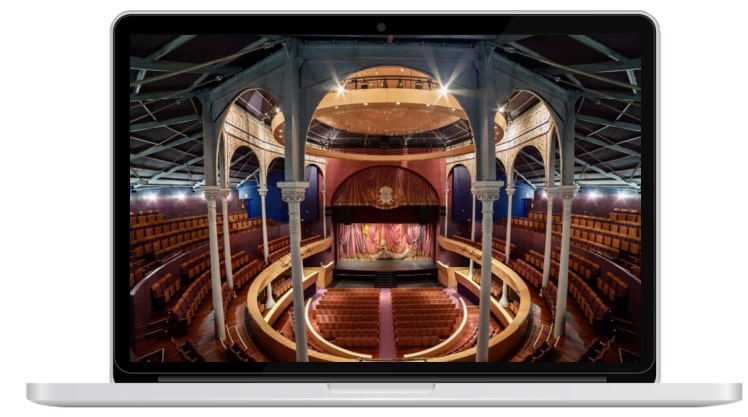
Source: https://www.culturalalbacete.es
Young migrants/native born know more about their locality

Stories, heritage, art, environment, history, architecture, anecdotes

They do activities in these areas (visits, sports, treasure hunting etc.)

They have fun and learn more

Their feeling of belonging increases and they become engaged in further activities

They develop a desire to protect and engage in activities that benefit the community

Increase of inclusion and wellbeing
Cultural heritage
Environmental heritage
Local stories
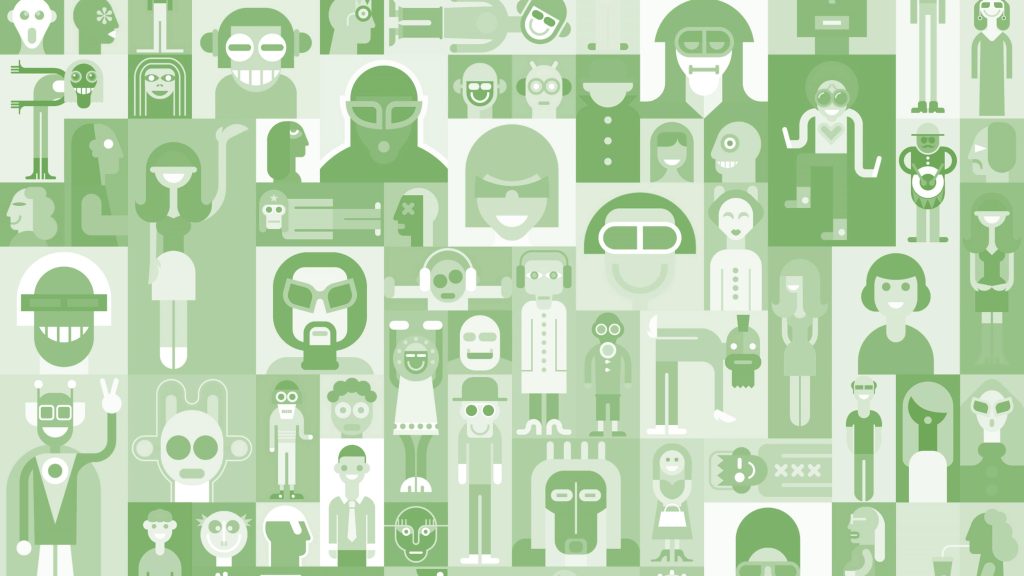
As a young immigrant in Europe, you have several opportunities to participate and engage in your community. Exploring Opportunities through the European Youth Portal.
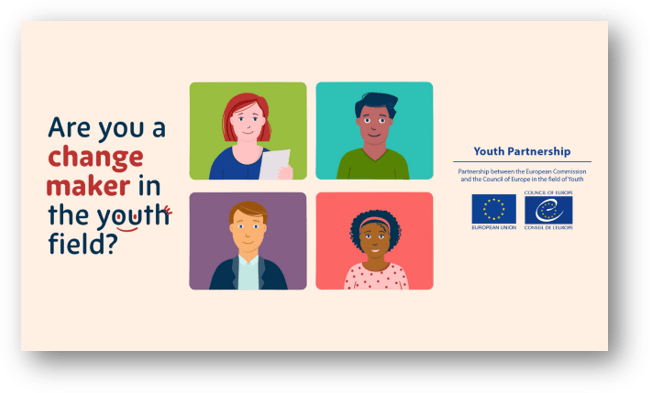
When we consider youth immigrants, it is important to develop their soft skills so they can have their voice.
The course "Gamification in Youth Work for Inclusion of Immigrants" is exploring immigrants in the EU, checking out youth work Programmes, and honing soft skills through gaming.
Why is this crucial? Because by refining your soft skills, you're not just fitting in; you're amplifying your voice!
Ready to dive in? Check it out: https://learning-youth-power.org/courses/gamification-in-youth-work-for-inclusion-of-immigrants/ .
Ever wondered how to dive into active participation and make a real impact? We've got a toolkit just for you, based on a guide from the NGO e-Graine. This guide is your go-to for inspiration and empowerment to get involved in different initiatives.
First things first, it talks about why your engagement is crucial. Spoiler alert: it's all about building a world that's inclusive, sustainable, and fair. Pretty awesome, right?
The guide presents some cool tools and strategies. Think storytelling, interactive workshops, and peer-to-peer mentoring. These aren't just buzzwords; they're the keys to unlocking your motivation to take action.
So, are you ready to be a part of something bigger? Discover your potential, and let's make the world an even better place together!